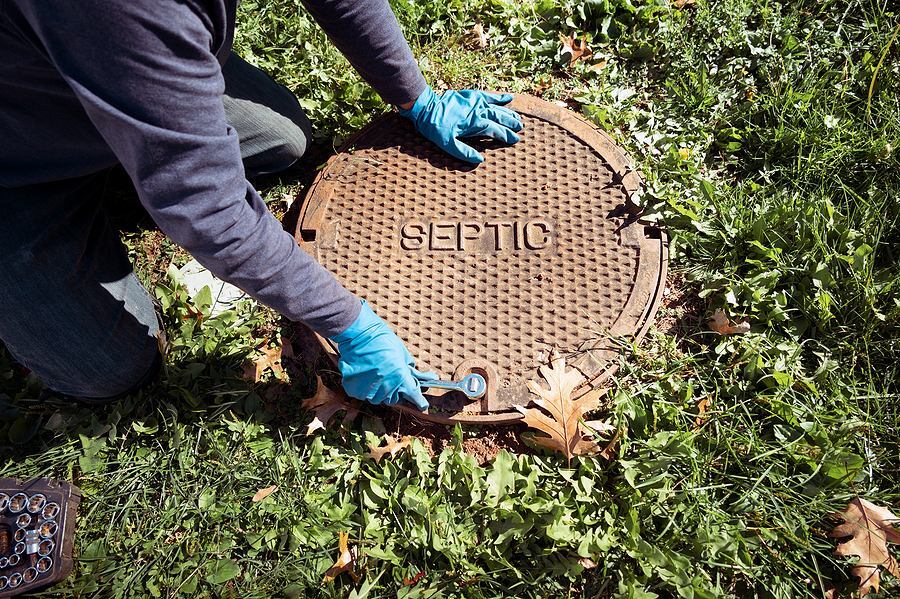Menu
"WE NOT ONLY PUMP YOUR TANK - WE CLEAN IT!"
WE NOT ONLY PUMP YOUR TANK - WE CLEAN IT! Free Septic System Inspection ($99 Value)
Free enzyme treatment - Financing Available
"WE NOT ONLY PUMP YOUR TANK - WE CLEAN IT!"
WE NOT ONLY PUMP YOUR TANK - WE CLEAN IT! Free Septic System Inspection ($99 Value)
Free enzyme treatment - Financing Available
A properly installed, sited and maintained septic system should not have negative effects on your health or environment. In fact, a septic system can be a more environmentally friendly alternative to public sewage treatment plants which may use harsh chemicals.
 Jun 27, 2024
Jun 27, 2024
However, if you’re dealing with a failing or faulty septic tank installation, then it’s important to understand the health and environmental risks. In this article brought to you by Septic Blue of Lakeland, we take a quick look into some of the risks and benefits of septic tanks on the environment and your health.
You start the day before…
Owning a septic system means…
A septic system quietly supports…
When you think about septic…
When functioning optimally, septic tanks contribute positively to the environment in several ways. Septic tanks use a natural process of bacterial action and settling to treat wastewater. This process helps break down solids and treat wastewater before it percolates into the ground. Plus, treated effluent recharges groundwater, which is crucial for sustaining local ecosystems.
Septic systems can even outdo municipal treatment plants. Unlike many municipal treatment plants that use chemicals like chlorine, septic systems rely on biological processes. This reduces the risk of potentially harmful chemicals contaminating local water bodies.
The benefits of septic tanks hinge on proper installation and maintenance. When neglected or failing, septic tanks can pose significant risks to the environment and your health.
Poorly treated effluent can release excess nutrients, like nitrogen and phosphorus, which can lead to algal blooms, oxygen depletion, and harm to aquatic life. Over time, poorly maintained septic systems can saturate the soil with contaminants, reducing its ability to naturally filter and treat wastewater.
A malfunctioning septic tank may leak pathogens such as bacteria and viruses into the surrounding soil and water. Contaminated groundwater from a failing septic system can put your drinking water at risk, potentially leading to waterborne illnesses.
We will assume you left the installation to a reliable professional from a reputable septic company. With the foundation set, it’s up to you to maximize the benefits of septic tanks with routine maintenance and proper care. Some things to keep in mind include:
Most importantly, remember periodic septic tank pumping. This involves removing excess scum and sludge in the septic tank, and it is typically recommended once every 3 to 5 years. If it has been over 5 years since your tank was emptied, then more comprehensive cleaning may be necessary.
Proper care and routine maintenance, including septic tank cleaning if necessary, can be enough to prevent unnecessary repairs. However, repairs are almost inevitable. Wear and tear as well as accidental damage will take their toll.
If you notice clogs in multiple drains, smell of sewage around the home or yard, patches of overly lush or green grass, or soggy areas in the yard, then it’s probably time to call a septic specialist. If you live in the area, you can call Septic Blue of Lakeland for emergency septic tank repair.